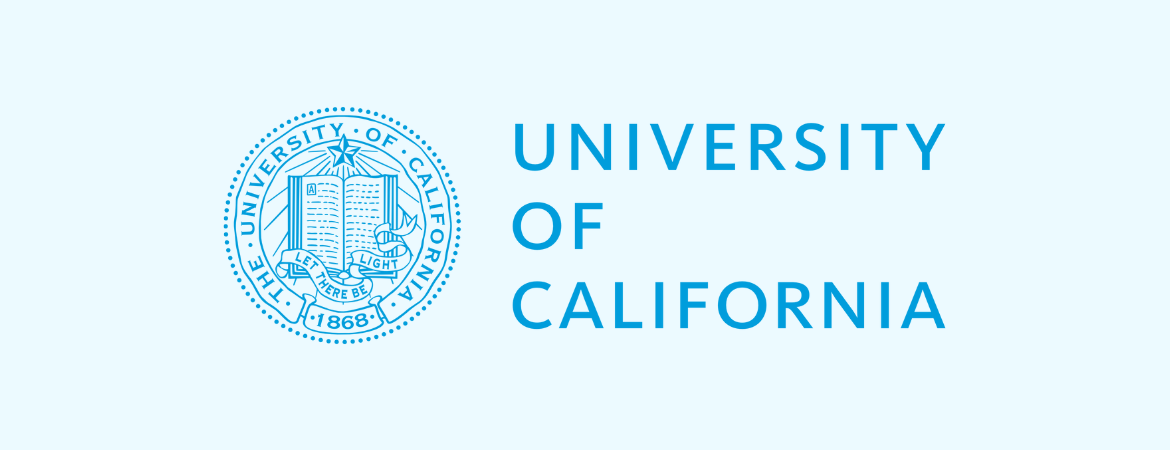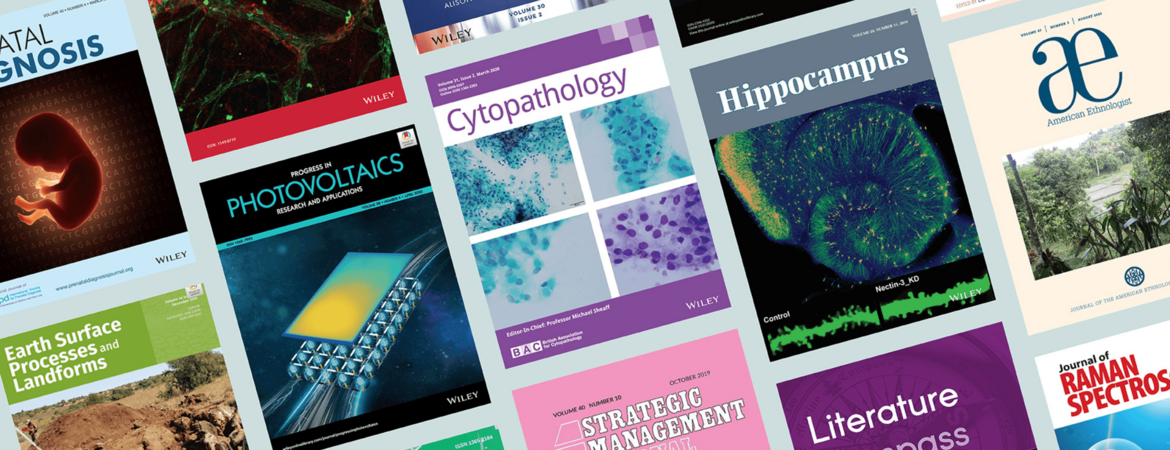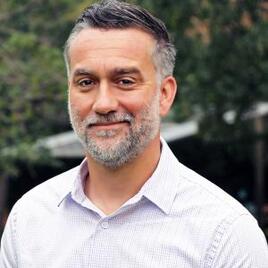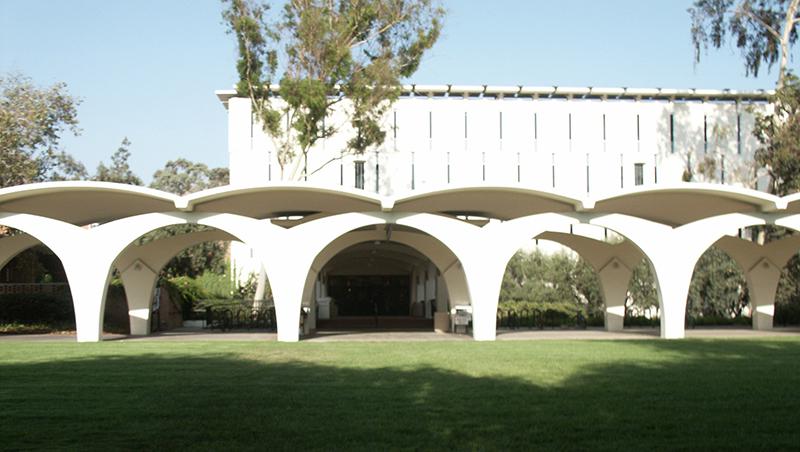Search
Search
Finals Week Stress Relief: Winter 2017 Event Series
It’s hard to believe that Winter Quarter 2017 is already drawing to a close, but suddenly we find ourselves with Finals Week only days away.
UCR Library is committed to creating a supportive atmosphere for our students, and final exams can tend to breed a lot of stress. That is why we present our Finals Week Stress Relief event series at the end of every quarter.
These events give library employees an opportunity to get to know our students better, and for our students to let off steam together in a safe and fun way.
This quarter, we have crowd favorites returning to the line-up, such as the Surprise Snack Giveaway, as well as a few new activities.
Finals Week Stress Relief will kick off on Wednesday, March 15, 2017. The full schedule of events can be found on our Events page.
In addition, there is a contest to win a VIP Study Room. Details for the contest are available on our Facebook page.
Volunteers are always welcome to help run the events. Anyone interested in volunteering should contact Sahra Missaghieh Klawitter or Elisha Hankins to find out how to get involved.
How Do I Find - Standardized Test Preparations
UCR Library collects standardized test preparation manuals to help students study.
Use the UC Catalog Search to search by keyword for particular kinds of tests, such as GRE, GMAT, LSAT, MCAT, etc.You can also add a subject term, for example "GRE and chemistry", to find manuals for specific subject tests.
Digital Collections
UCR Library Digital Collections contain digital gems for research, teaching, and learning.
Tomás Rivera Library
About
The Tomás Rivera Library ser
How the UCR Library transformed the life of alumnus Carlos Rodriguez '90
As the first person in his entire family to attend college, Carlos Rodriguez ’90 was a true pioneer when he arrived at UC Riverside for orientation in 1985.
“Since then everyone has followed me,” Rodriguez said. After he blazed the trail, both of his sisters went to college and graduate school. “All my cousins have gone on to college, as well, all the younger ones.”
As his career clearly demonstrates, there’s no wonder that forging new paths in uncharted territory comes so naturally to Rodriguez. From pioneering work with early internet databases and ejournals in the mid-1990s at UCR, to reimagining library learning environments for an enhanced student experience at Grand Valley State University in Michigan, to his current role as the Dean of the University Library at California State University, Los Angeles (Cal State LA), Rodriguez continues to chase the horizon.
Originally a pre-engineering major, Rodriguez came to UCR planning to transfer after two years to either UCLA or UC Santa Barbara.
He began working in the library as a student employee shelving books. “Back in the 80s, people checked out books,” he laughed.
Having developed a strong peer network and relationships with faculty and staff, Rodriguez ended up changing his major and staying at UCR instead of transferring. It wasn’t until an internship with a credit union that he realized he preferred a culture of learning and service-based organization over a traditional corporate environment, and so his career in higher education and libraries was born. “I wasn’t in it for the money. I was in it to help other people,” he said.
As he approached graduation, Rodriguez realized he might enjoy a permanent career in the library. During his senior year, he transitioned from a student employee position into a part-time staff role, which is when he met two influential mentors, librarians Nancy Huling and the late John Tanno.
In Rodriguez’s first year as a science librarian, Tanno nominated him for a leadership and career development program for underrepresented racial and ethnic minority librarians with the Association of Research Libraries (ARL). “John was really supportive of diversity. There wasn’t a lot of diversity back then,” Rodriguez said. “He saw leadership potential in me early on.”
Rodriguez credits the small, tight-knit community at UCR for advancement opportunities like this. “If I had been a student assistant at UCLA, I probably wouldn’t have had the same opportunities that I had at UCR,” he said.
Ultimately, Rodriguez went on to get his Masters in Library and Information Science from UCLA. He came back to UCR as a Science Librarian before advancing through a variety of library positions, including the Associate Dean of Technology and Information Services at Grand Valley State.
Rodriguez helped the library at Grand Valley State shift from being library-centric and collection-centric to learner-centric. “Every decision we made, we asked ourselves, ‘Does this benefit the learner?’ The reason we’re here is for our students. We need to meet their needs.”
From Grand Valley State, Rodriguez returned to California to serve as the Dean of the University Library at Cal State LA. One of his goals at CSULA has been to transform the library’s physical space to make it less intimidating for their diverse, predominantly first-generation student population. “We’re changing the perception from ‘you’re visiting the library’ to ‘this is your library, and you own this space,’” Rodriguez explained.
In Rodriguez’s opinion, the library plays an active role in student success, research, faculty partnerships, and community engagement. “Libraries can provide opportunities for people to learn, grow, discover, create, and really transform how they see the world,” he said. “Libraries are probably one of the most important institutions at universities to do that.”
Another vision turned reality is the creation of an Academic Success Center, which is the cornerstone of Rodriguez’s capital improvement strategy for the Cal State LA Library. He plans to design a physical space around a suite of student services with a central student-led concierge to direct users toward the best solution for their needs.
What’s next for this innovative thinker? “I’m happy where I’m at now, but UCR is the only other place that I’d want to work at because of the students and what they’re doing. It’s a place I’d like to return to one day.”
The UCR Library is committed to enhancing the student learning experience, which includes supporting the professional development and advancement of our student employees. This article is the first in a series of stories following the success of former UCR Library student employees. We are incredibly proud of the alumni talent that was cultivated here, at the UCR Library.
UC Libraries Transition Regional Facilities to Systemwide Service Centers

The University of California Libraries have restructured their regional library facilities into fully systemwide service centers.
The Northern Regional Library Facility (NRLF) and Southern Regional Library Facility (SRLF) are now known as Systemwide Library Facility-North (SLF-North) and Systemwide Library Facility-South (SLF-South). This transition aims to enhance strategic planning, budget management, and service provision across the UC system. Both facilities will continue to be governed by the Systemwide Library Facilities Board.
A new SLF director, based at UC Berkeley, will oversee both facilities, promoting greater alignment in practices and operations.
For more details, visit the Systemwide Library Facilities FAQs.
500 Years of Utopia Exhibit Opens
A new exhibit opened in Special Collections & University Archives, which commemorates the 500th anniversary of Thomas More’s Utopia.
More's book led to a proliferation of utopian fiction in the Western world. Utopias usually critique the politics of the author’s time and imagine what a better society might look like. Many utopias sparked social movements, such as the Utopian Socialism of the 19th century. The vibrancy and diversity of the utopian imagination allude to a simple definition of the term. 500 Years of Utopia explores this subject and showcases the Eaton Collection’s works on utopias and dystopias. It highlights key texts of the last 500 years, explains their importance, and calls attention to the beauty of the books as artifacts.
The exhibit also celebrates the 50th anniversary of the original Star Trek series, which premiered on September 8, 1966, with a display of Star Trek memorabilia for the Eaton Collection.
500 Years of Utopia is the first of a series of exhibit collaborations between the Eaton Collection and UCR’s Science Fiction and Cultures of Science Program (formerly Science Fiction and Technoculture Studies). JJ Jacobson, the Klein Science Fiction Librarian, co-curated it with graduate student Irene Morrison, who works in the field of utopian studies, specifically utopian literature and real-world utopian ideologies.
The exhibit will remain on display on the fourth floor of Rivera Library until December 15, 2016.
Print, Copy, Scan
Wepa Cloud Printing
UC Riverside provides cloud printing services through Wepa, a print management solution developed specifically for student printing in higher education and university settings. UCR’s Information Technology Solutions (ITS) maintains and manages the platform and they have installed Wepa printing kiosks throughout campus.
UC Extends Open Access Agreement with Wiley

The University of California has extended its open access agreement with scholarly journal publisher Wiley for an additional three years.
From January 1, 2024, through December 31, 2026, researchers and students at all 10 UC campuses and the Lawrence Berkeley National Laboratory will receive continued access to subscription content and funding support for open access publication in Wiley’s expansive journal portfolio.
What the agreement means for UC authors
The UC libraries will continue to pay the first $1,000 of the open access fee, or article processing charge (APC), for UC faculty, students, staff and clinicians who publish in any of Wiley’s more than 1,600 journals. The libraries will pay the entire APC for authors who wish to make their work freely available but do not have research funds available for this purpose. UC authors also receive a 15 percent discount on the APC.
Making more California research available open access
The UC is pleased to be partnering on the new agreement with 48 other California private and public academic and research institutions represented by the Statewide California Electronic Library Consortium (SCELC), further increasing free and open access to research produced in our state.
“Some of the most groundbreaking research in the world is done right here in California, driving advances in medicine, environmental sustainability, and society. I am excited about this opportunity for more California scholars, from UC and beyond, to make their work freely available so that people around the globe can benefit from and build on their discoveries,” said Maria De Prano, professor of art history at UC Merced and chair of the UC faculty Academic Senate’s systemwide committee on library and scholarly communication.
More information
For more details about the agreement, please visit the UC Office of Scholarly Communication website or contact Associate University Librarian for Content and Discovery / Deputy University Librarian Tiffany Moxham.
Scott Metoyer
The Lead Software Developer provides programming, database administration, systems integration, deployment, and software-oriented project management services for on-premise and cloud-based application systems. Integration efforts include payment processing, software refactoring, and interfacing with a variety of third-party systems.
Lead Software Developer

